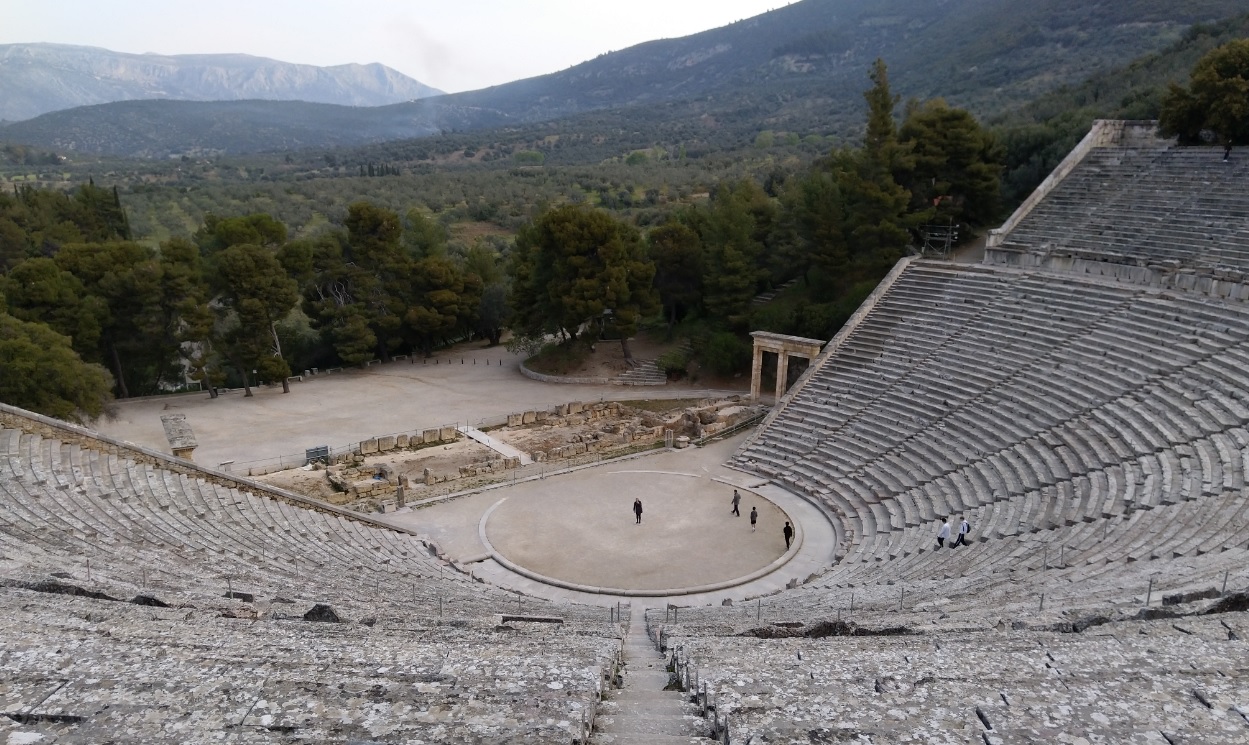On this page you will find more information about the individual projects of our team members. Click on our names for more detailed information about the projects.
Connecting the Greeks: Festival Networks and Regional Identities in Thessaly
“Connecting the Greeks: Festival Networks and Regional Identities in Thessaly” (working title) is the individual PhD project by Adam Wiznura. It is part of the NWO-funded project Connecting the Greeks: multi-scalar festival networks in the Hellenistic world. It runs from February 2019 to 2023 and is conducted at the University of Groningen under supervision of Prof. Dr. Onno van Nijf (Chair of Ancient History) and Dr. Christina Williamson.
Connecting the Greeks: Agonistic Festival Networks and Imperial Rule during the Hellenistic Period
“Connecting the Greeks: Agonistic Festival Networks and Imperial Rule during the Hellenistic Period” (working title) is the individual PhD project by Tom Britton. It is part of the NWO-funded project Connecting the Greeks: multi-scalar festival networks in the Hellenistic world. It runs from February 2019 to 2023 and is conducted at the University of Groningen under supervision of Prof. Dr. Onno van Nijf (Chair of Ancient History) and Dr. Christina Williamson.
Anchoring Roman rule: Rome-oriented cults and festivals in the Greek world
“Anchoring Roman rule: Rome-oriented cults and festivals in the Greek world” (working title) is the individual PhD project by Robin van Vliet, funded by the OIKOS Anchoring Innovation initiative and conducted in connection with the NWO-funded project Connecting the Greeks: multi-scalar festivals in the Hellenistic world. It runs from February 2019 to 2023 and is conducted at the University of Groningen under supervision of Prof. Dr. Onno van Nijf (Chair of Ancient History) and Dr. Christina Williamson.
Dr. Christina Williamson:
Deep-mapping sanctuaries: mapping experiences at festival hubs in the hellenistic world.
The Deep Mapping Sanctuaries project seeks to answer these questions through concepts of place-making, spatial narratives, and deep mapping. Drawn from the social sciences and urban planning, ‘place-making‘ is used to describe how people take ownership of a certain place, investing their identities through stories, rituals or other actions, monuments, and through what they leave behind. This concept is ideal for understanding the multi-vocality of a place.
